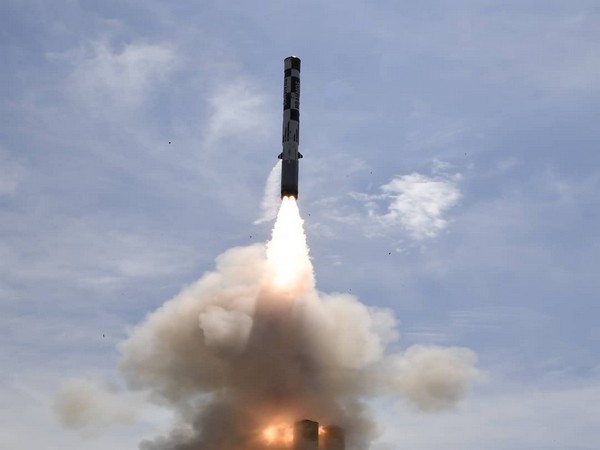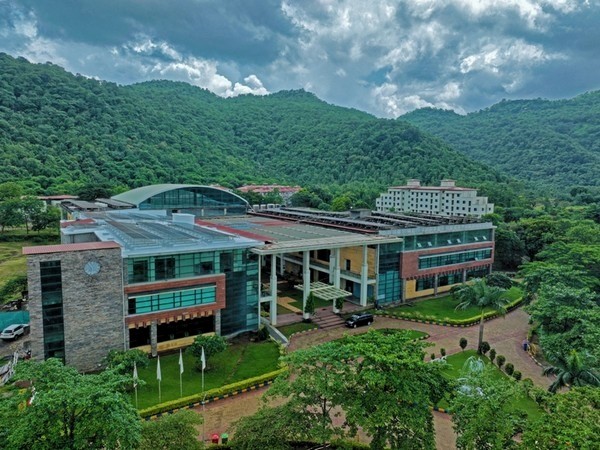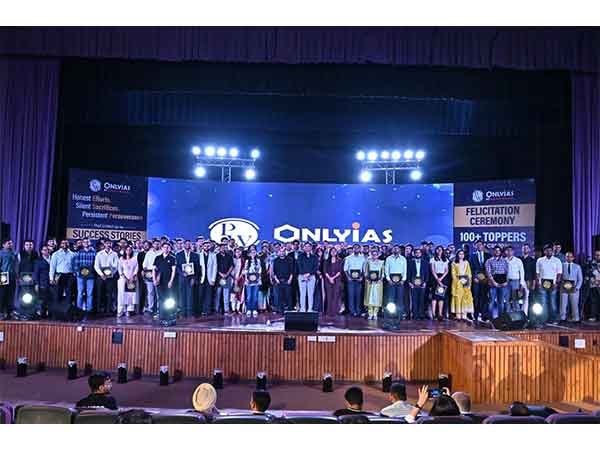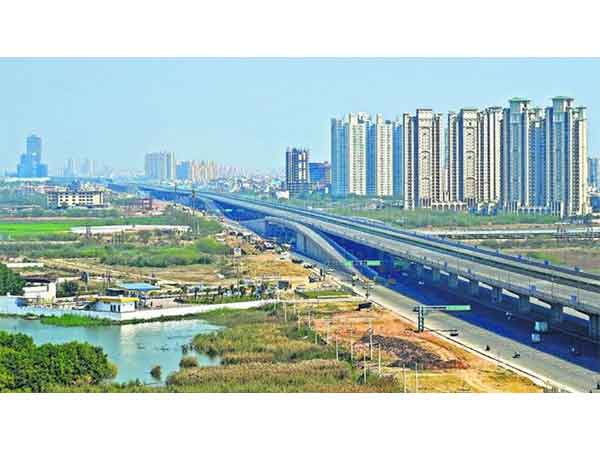Japan announced the successful launch of a new generation missile
Feb 17, 2024
Tokyo [Japan], February 17: The Japanese Space Agency announced the successful launch of its new H3 rocket today, February 17, marking a lucky third time for H3 after years of delays and two failed attempts.
An official from the Japan Space Agency (JAXA) told AFP that the H3 rocket , billed by JAXA as flexible and cost-effective, "has entered orbit".
Cheers and applause could be heard from JAXA's control center after the agency's livestream announced the rocket engine had successfully burned, meaning it had entered orbit.
The H3 rocket carries two small satellites , including a microsatellite that is expected to help prevent disasters by taking photos and filming.
The remaining satellite is equipped with infrared detection sensors to detect the operating conditions of factories on the ground.
The separation of the two satellites was also confirmed, according to the JAXA livestream. "We will continue to analyze the sequence after successfully placing the rocket into orbit," the JAXA official added.
The most recent launch was postponed from February 13 due to bad weather, after two failed launches in 2023.
Specifically, JAXA on March 7, 2023 failed to launch the H3 rocket. Accordingly, the missile had to self-destruct after the command center concluded the mission could not succeed. The first attempt to launch H3 in February 2023 failed when the solid fuel booster failed to ignite. After those failures, the H3's ignition system was improved.
Developed by JAXA and Mitsubishi Heavy Industries, the H3 is the successor to the H-IIA launch system, launched in 2001.
The H3 rocket is developed for regular commercial launches with better cost-effectiveness and reliability. This rocket has been considered a potential competitor to the Falcon 9 rocket of Space X company (USA).
Source: Thanh Nien Newspaper








